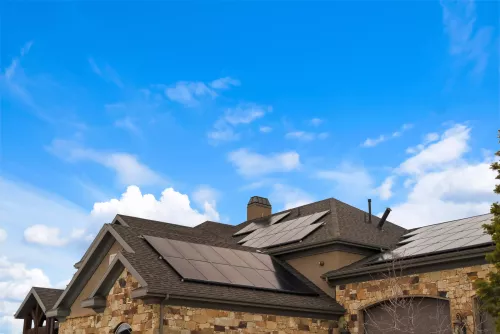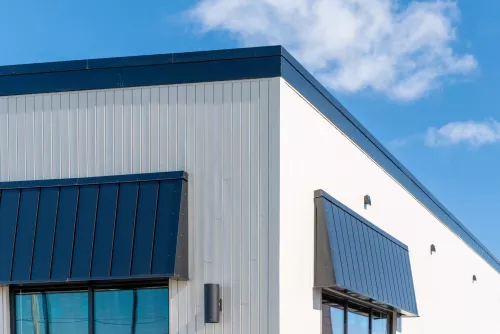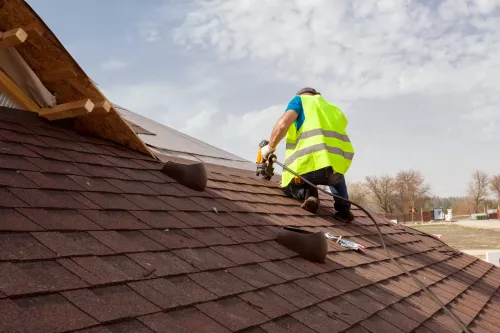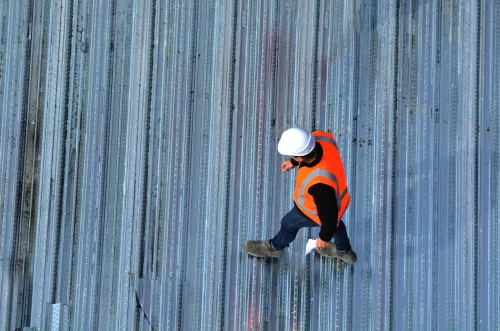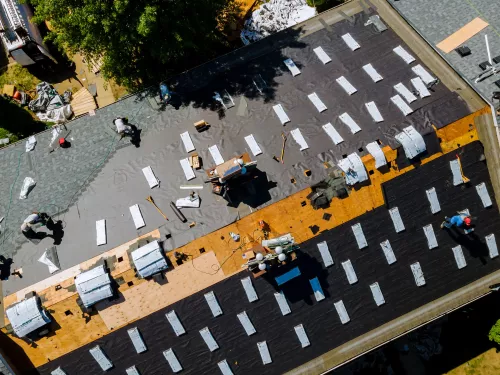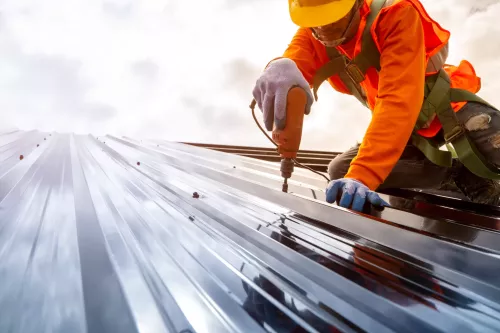- Home
-
Commercial
-
-
Commercial Roofing Services
- Commercial Roofing Services
- Commercial Roofing Contractor
- Emergency Commercial Roof Repair
- Commercial Roof Inspection & Estimate
- Commercial Roof Replacement & Installation
- Commercial Roof Repair & Maintenance
- Commercial Storm & Hail Damage Roof Repair
- New Commercial Roof Construction
- Commercial Roof Insurance Claims
-
Commercial Roofing Services
-
-
Industrial
- Industrial Roofing Services
- Industrial Roofing Contractor
- Emergency Industrial Roof Repair
- Industrial Roof Inspection & Estimate
- Industrial Roof Replacement & Installation
- Industrial Roof Repair & Maintenance
- Industrial Storm & Hail Damage Roof Repair
- New Industrial Roof Construction
- Industrial Roof Coatings
- Industrial Metal Roofs
- Industrial Insurance Claims
-
Multi-Family
- Multi-Family Roofing Solutions
- Multi-Family Roofing Contractor
- Emergency Multi-Family Roof Repair
- Multi-Family Roof Inspection & Estimate
- Multi-Family Roof Replacement & Installation
- Multi-Family Roof Repair & Maintenance
- Multi-Family Storm & Hail Damage Roof Repair
- New Multi-Family Roof Construction
- Multi-Family Insurance Claims
-
Residential
-
-
Residential Roofing Services
- Residential Roofing Services
- Residential Roofing Contractor
- Residential Commercial Roof Repair
- Residential Roof Inspection & Estimate
- Residential Roof Replacement & Installation
- Residential Roof Repair & Maintenance
- Residential Storm & Hail Damage Roof Repair
- New Residential Roof Construction
- Residential Roof Insurance Claims
-
Residential Roofing Services
-
- Company
- Contact

When you think “roof”, you probably think of a roof made of asphalt roofing shingles. If you don’t have asphalt shingle roofing, chances are the guys next door does. It is just about the most popular roofing material in America.
Formula For Success
Asphalt roofing shingles are so popular because they are easy to get a hold of, cheap, lightweight and do not require a degree in rocket science to install. Any competent roofer will know how to install and maintain a roof made of these shingles. Contrast this to slate roofing, which requires different skills in laying down, handling and cutting altogether.
Just like any other kind of roofing materials, there are different grades of asphalt roofing shingles. The higher the grade, the more expensive they will be. But it might be cheaper to shell out now rather than later. How tough are asphalt roofing shingles? Class IV is tough enough to withstand hail. These shingles now come in a variety of colors.
Asphalt roofing shingles are fiberglass and a organic composite material of felt, paper, and asphalt. The organic ones are heavier, less likely to blow off but are more expensive. If you are seeking to live in your home and not sell it in a few years, consider the organic alternative.
Warranties for Asphalt Roofing Shingles
Many shingles come with warranties lasting decades. You can have your contractor or roofer order any special brand name shingles, such as Elk or Eagle. Although asphalt shingles are tough, they do need your help and at least a biannual checkup in order to do their job.
You need an annual or at least a biannual roof inspection to be sure there isn’t any small problems that can turn into big headaches. Tiles can be damaged or get loose. Because of their wide availability, getting replacements is easy for your roofer.
You also need to be sure your attic or upper crawlspace has adequate ventilation. The temperature outside of your home will often be a lot different than inside of your home. The roof is then hot on one side and cold on the other. This can stress asphalt roofing shingles, causing them to give up the ghost. But with a proper buffer zone between the roof and your home, the stress of the differing temperatures is lessened. If your attic or crawlspace has pools of water, mold, smells damp – you need to get it fixed.
Let us at Commercial Roofing Contractors help you with your roof.
Commercial Roofing Contractor, contact us! (888) 270-ROOF
Other Topics
- Construction (3)
- Creativity (3)
- Safety (3)
- Uncategorized (23)
